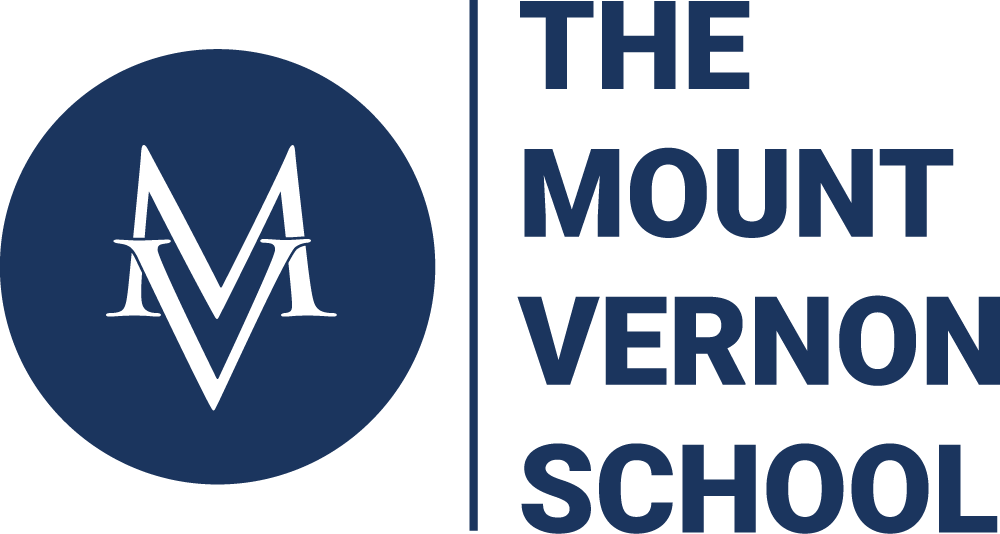When Dr. Brande Jones and Ms. Jenn Lloyd collaborated to create their Upper School course Ecological Rhetoric: Science and Literature collision, they planned their yearlong Project Based Learning (PBL) course to make a local impact.
Partnering with Lost Corner Preserve, a suburban reserve in Sandy Springs, provides a beyond-the-classroom environment rich with opportunity. Jones and Lloyd presented their class with a challenge to identify an environmental/ecological issue affecting the property and/or woodlands independently, work in groups to research potential solutions, and then determine how to best fix it. Weekly, the class travels off-site to expand their footprint for learning.
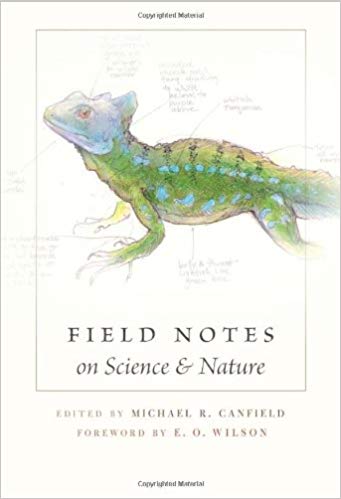 From identifying tree species to analyzing creek pollution, and relocating Monarch butterflies to the preserve students are taking the initiative to help Mother Nature in our local community.
From identifying tree species to analyzing creek pollution, and relocating Monarch butterflies to the preserve students are taking the initiative to help Mother Nature in our local community.
Inspired by Field Notes on Science & Nature, edited by Michael Canfield, students are observing, journaling, sketching, and identifying a variety of elements as they collect their data.
Expanding on the art dimension, Upper School art teacher Hank Kunath joins the class on occasion to share the art of sketching along with watercolor techniques, keeping the scientific findings authentic to traditional documentation methods.
Junior Carson Watson shares, “Our weekly trips to the Lost Corner Preserve have provided us a new way to connect to the Sandy Springs community and provide assistance to local volunteers within the preserve where needed.”
At the end of the course, whether those who are seeking a science credit have learned to collect, measure, dissect, and analyze, or those working to earn a literature credit have focused on documenting observations, detailing the how/why, and summarizing their findings – they are all doing the same work, but approaching it from different angles.
Course Details
Observation: Narrative of the Field
Students will present a remediation plan to improve the health of Lost Corner Preserve in Sandy Springs. Their first module will focus on learning to record scientific observations, and creating a narrative based on the observations. Later modules will focus on experimental design and communicating their findings.
In this inquiry-based module, students practice scientific observation, note-taking, and sketching during field expeditions to Lost Corner Park, ultimately focusing on a specific area of inquiry and formulating a hypothesis about the cause of a problem in that area. Students will determine the concepts and skills they need to learn in order to take/sketch field notes like those shared by scientists in Field Notes on Science and Nature.
Goal(s) of Module:
Students will be able to form hypotheses concerning the health of an ecosystem using their observations. Driving Question(s): How can we as citizen scientists design & present a remediation plan to improve the health of Lost Corner Preserve?
Enduring Understandings
- Observation and experimentation skills are vital for studying nature.
- Observation in the field is necessary to understand the principles of nature.
- While there is no set method for collecting and documenting field notes, sketching and sensory details are vital to document observation.
- Effective field documentation can yield compelling experimental design.
- Effective field documentation is the basic tool for studying the science of nature.
Key Skills
- Observation and note-taking
- Narrative and science writing
- Scientific sketching
- Critical reading
Key Knowledge (Facts, Concepts, Vocabulary)
- water testing
- identification of macroinvertebrates
- organism diversity
- soil testing
- creation of a food web for the system
- invasive species for the system
- species interactions of the system
Student Reflection Methods:
- Field Notes Journal
- Class Discussions
Formative Assessment(s):
- Exit tickets
- Discussions
- Reflections on field notes
- Vocabulary/concept quizzes
- Short writings/presentations
- Field Notes entries
Summative Assessment(s) including Public Products and Artifacts:
- Field Notes Journal
- Lab reports
- Socratic Seminar
- Narrative of Field project (visual and verbal)
OBSERVATION MOD DRIVING QUESTION: How Might We as citizen scientists communicate what we learn from observations?
Project Assessment
Comprehension at 20%
- Exit Tickets
- Vocabulary and Concept Quizzes
- Field Notes
Analysis and Critical Thinking at 50%
- Discussions
- Field Notes
- Short Writings
- Presentations
- Lab Reports
- Field Notes Journal
- Narrative of the Field
- Reflections
Communications at 30%
- Discussions
- Field Notes
- Short Writings
- Presentations
- Lab Reports
- Field Notes Journal
- Narrative of the Field
- Reflections
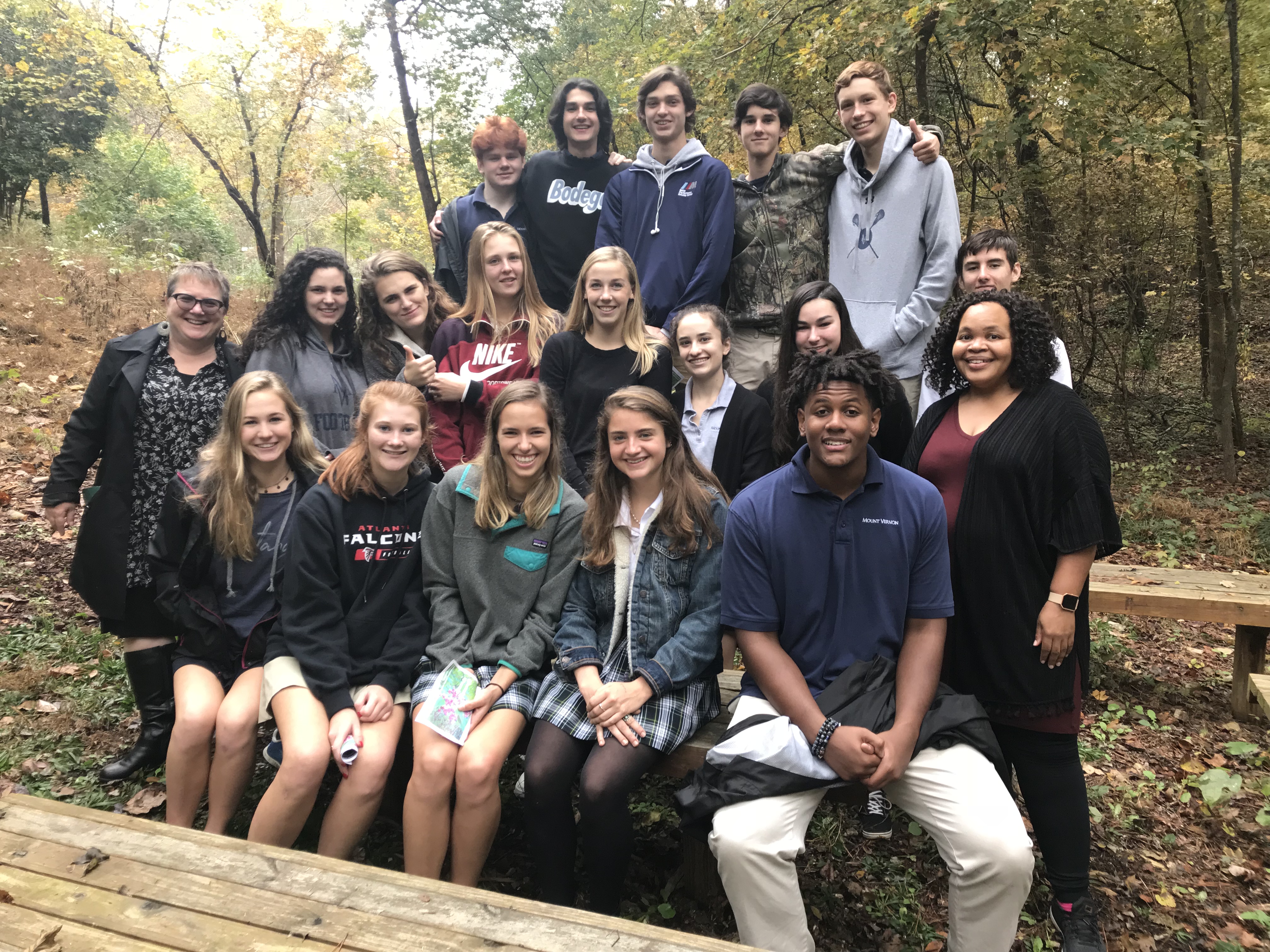
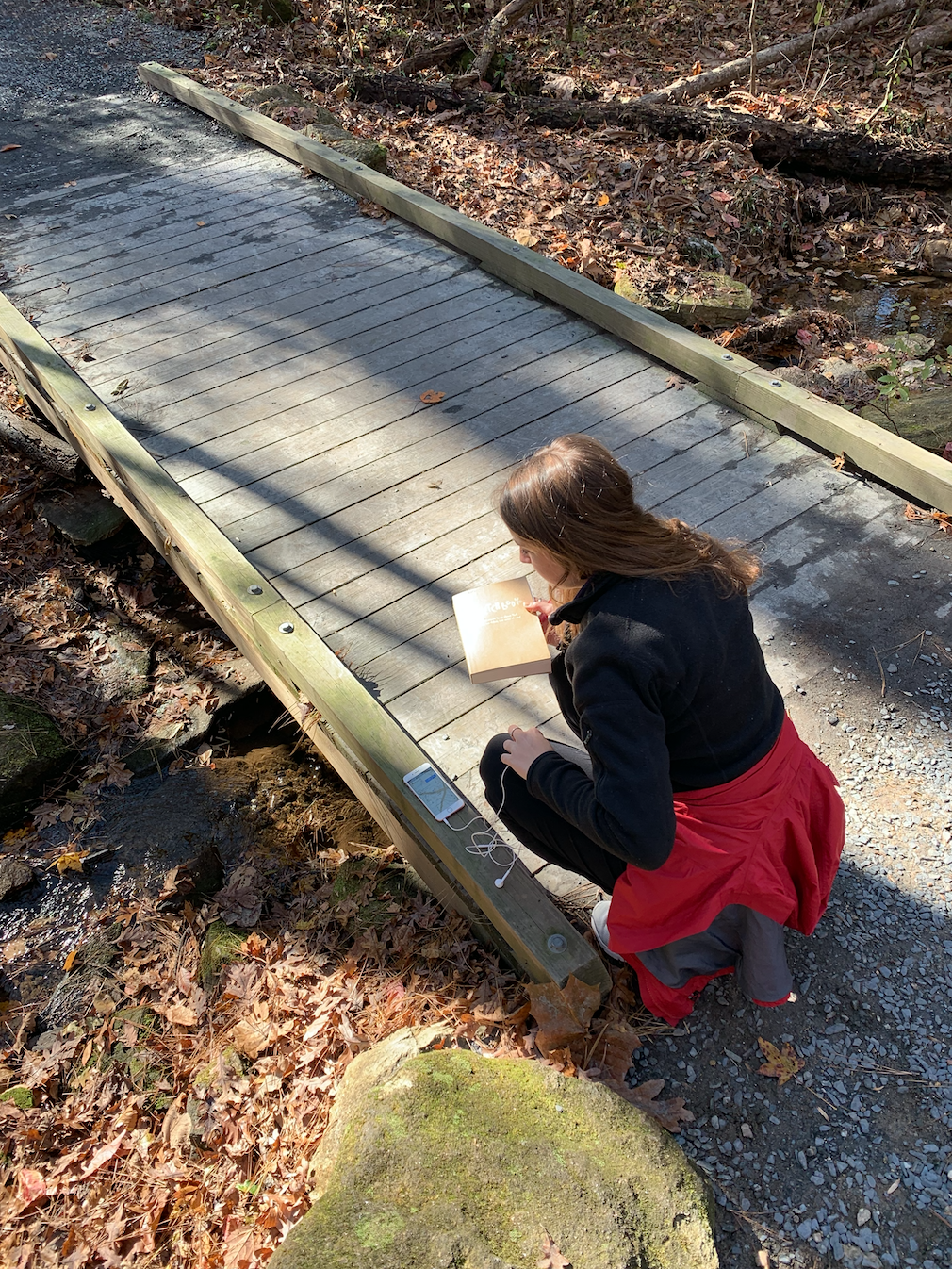
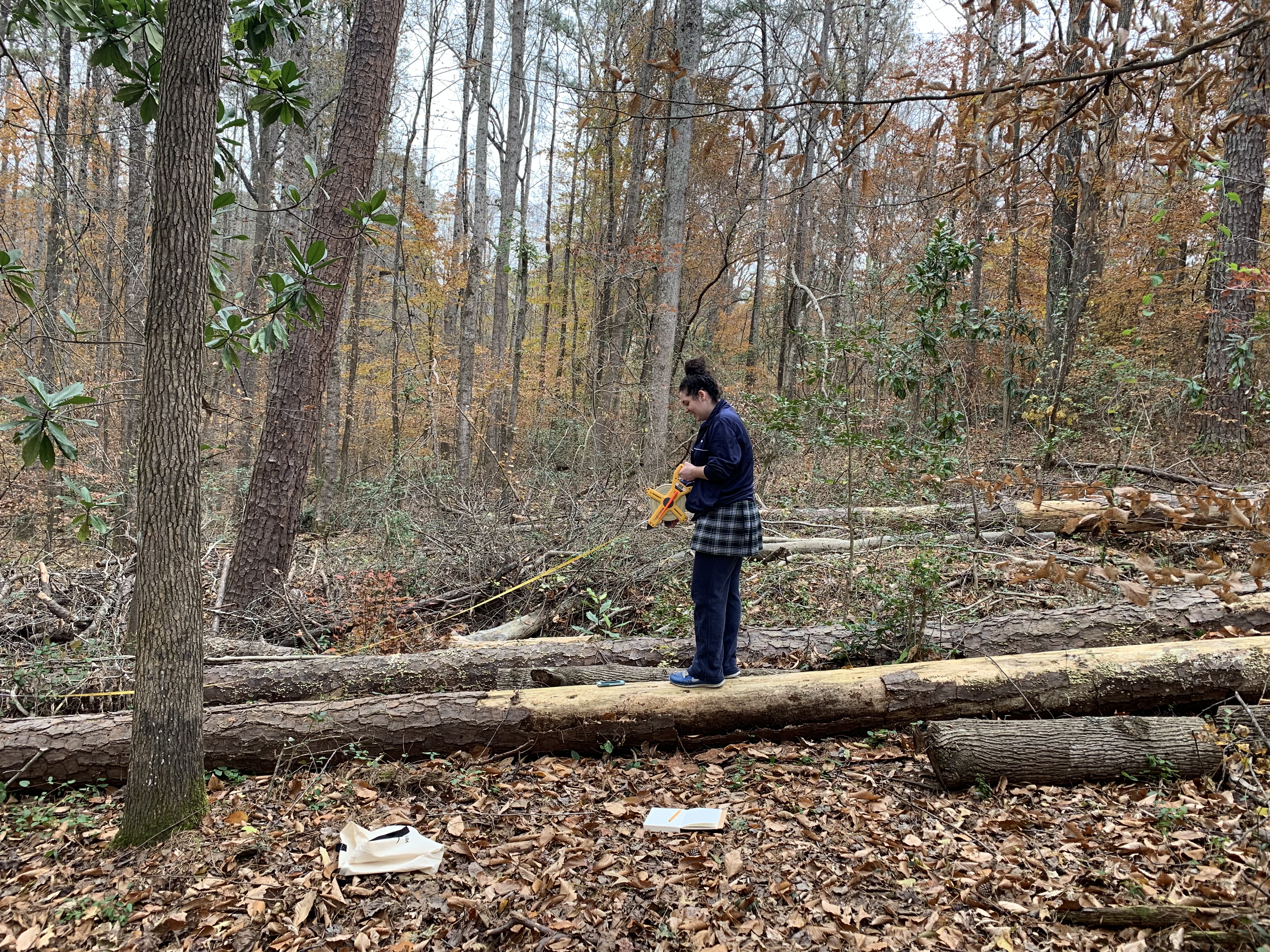
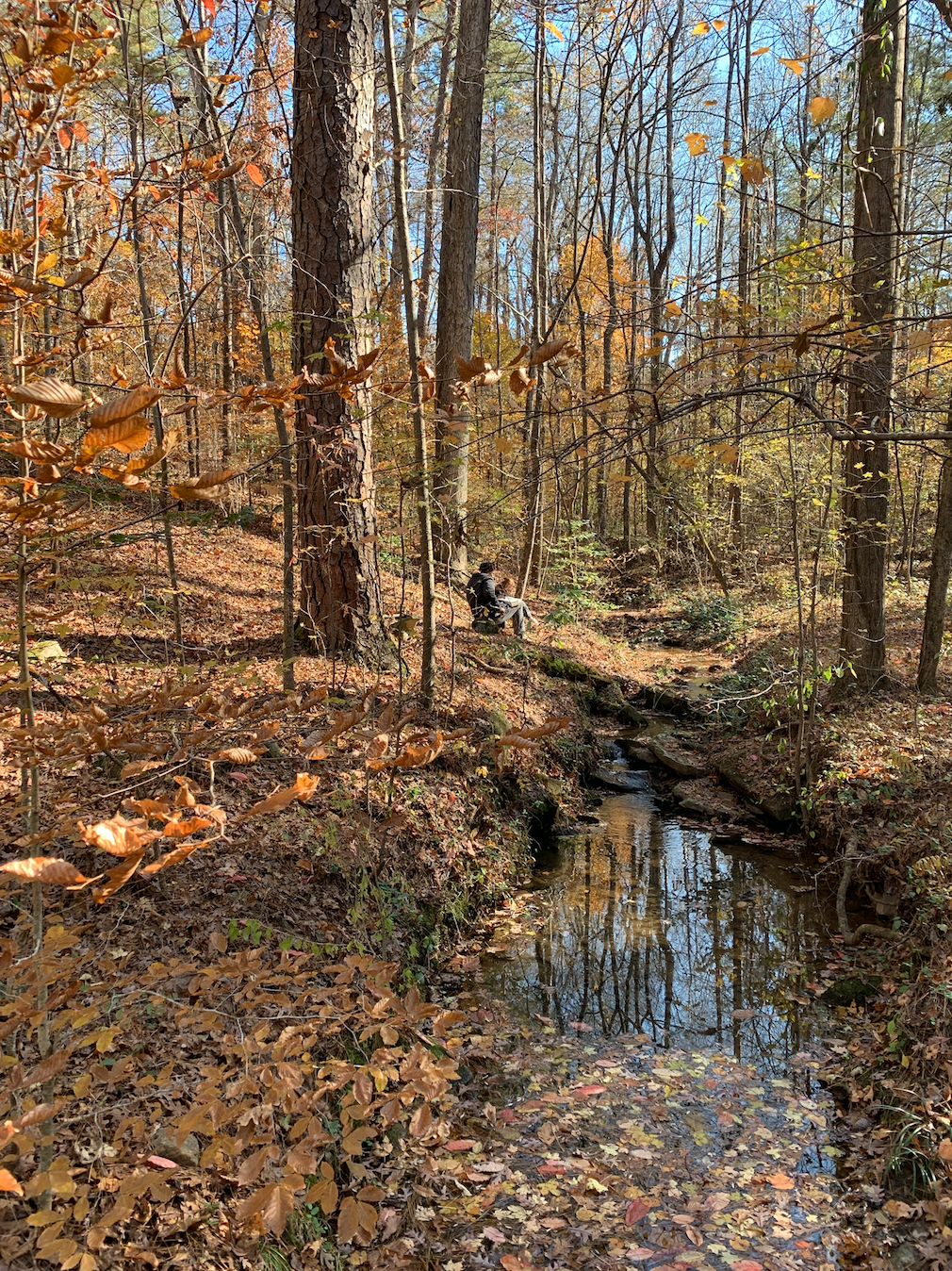
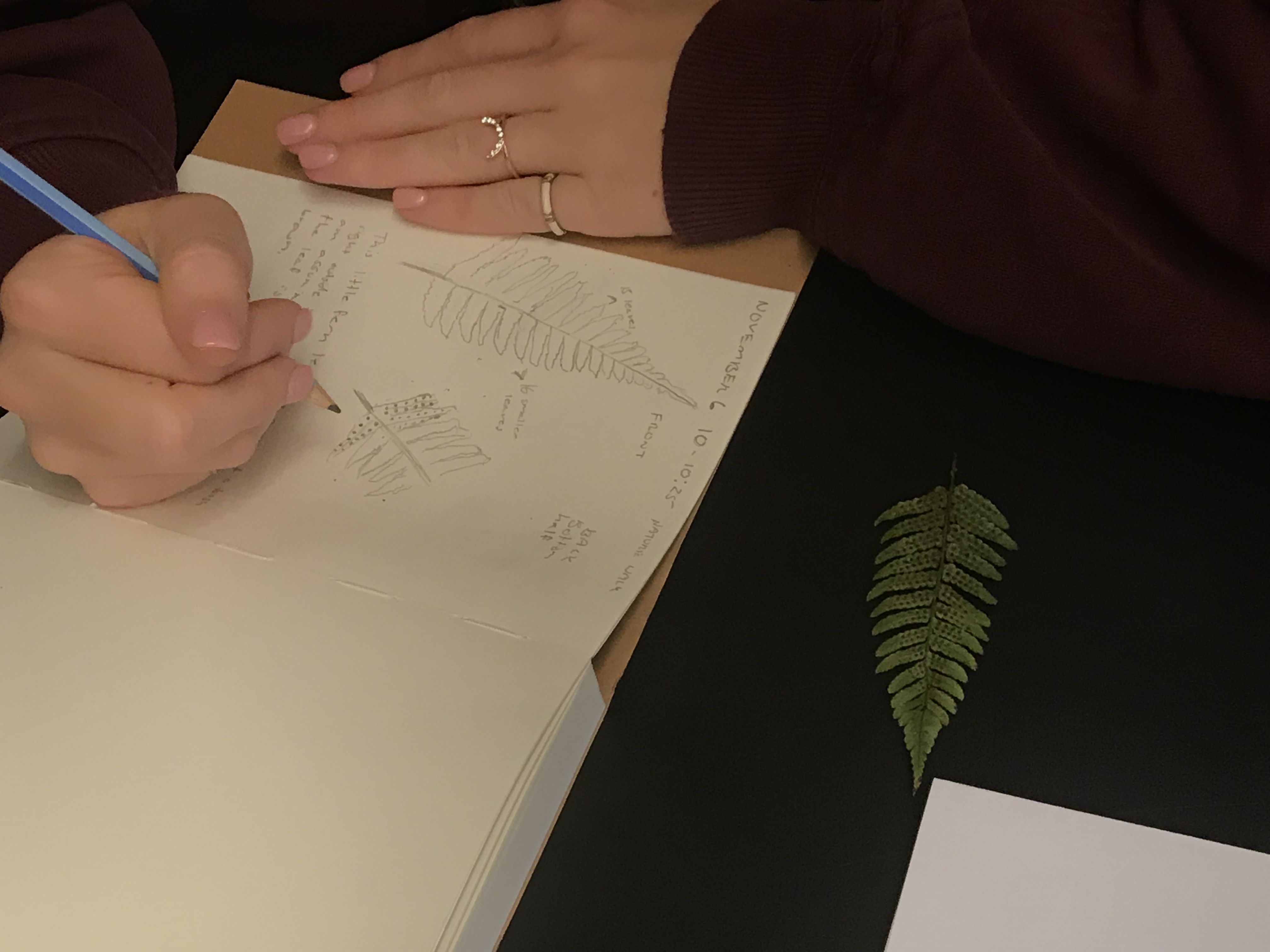
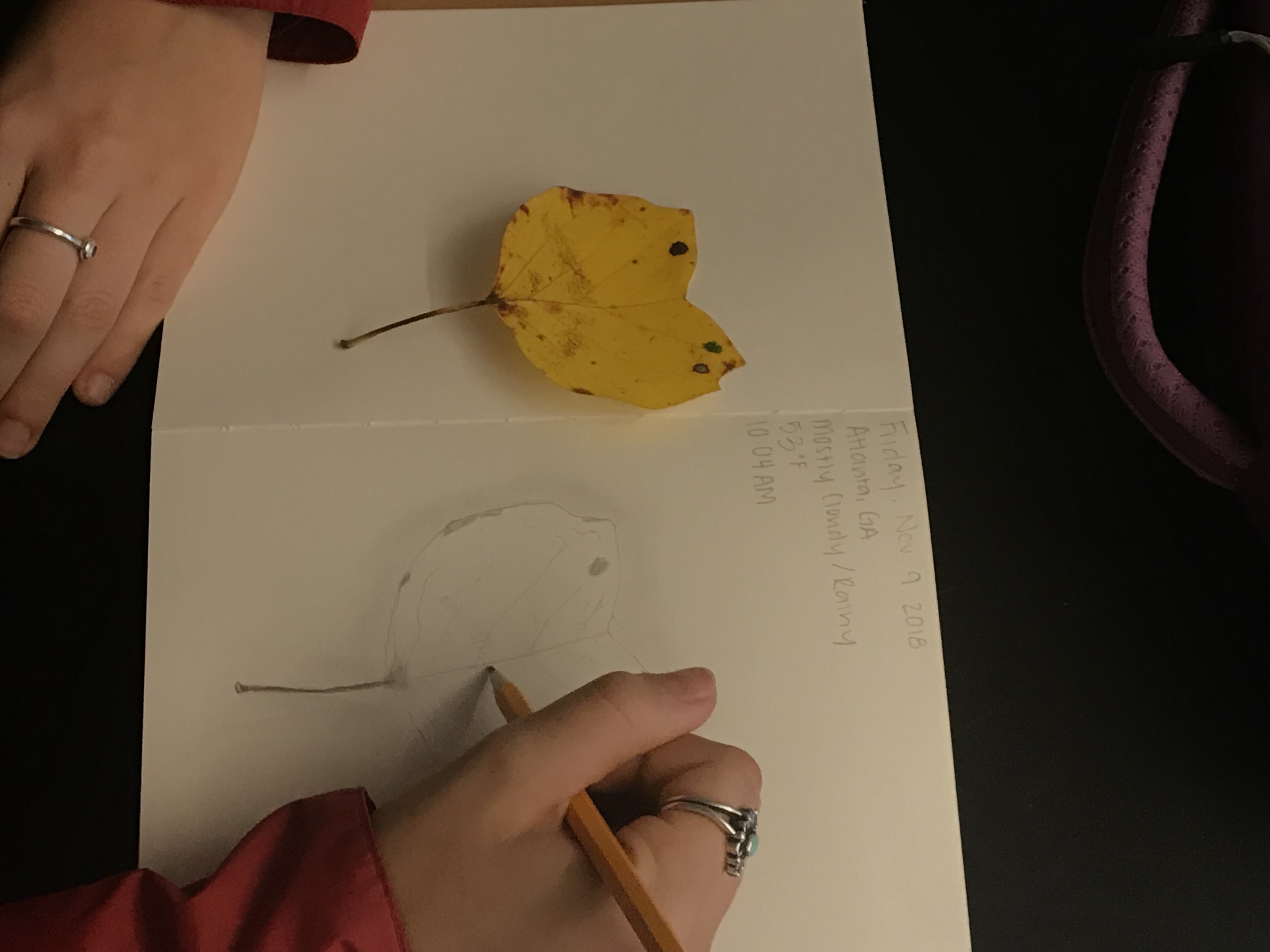
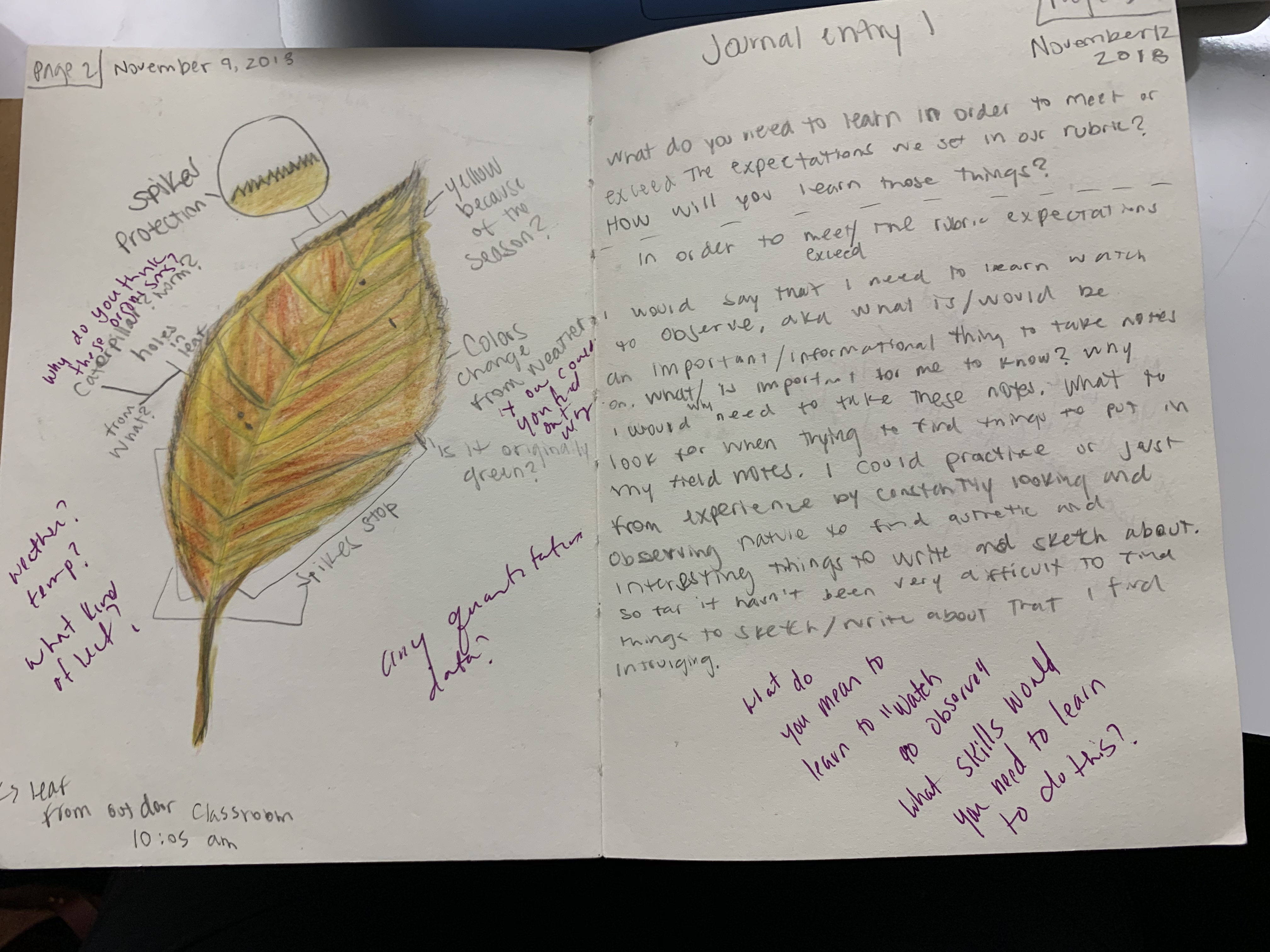
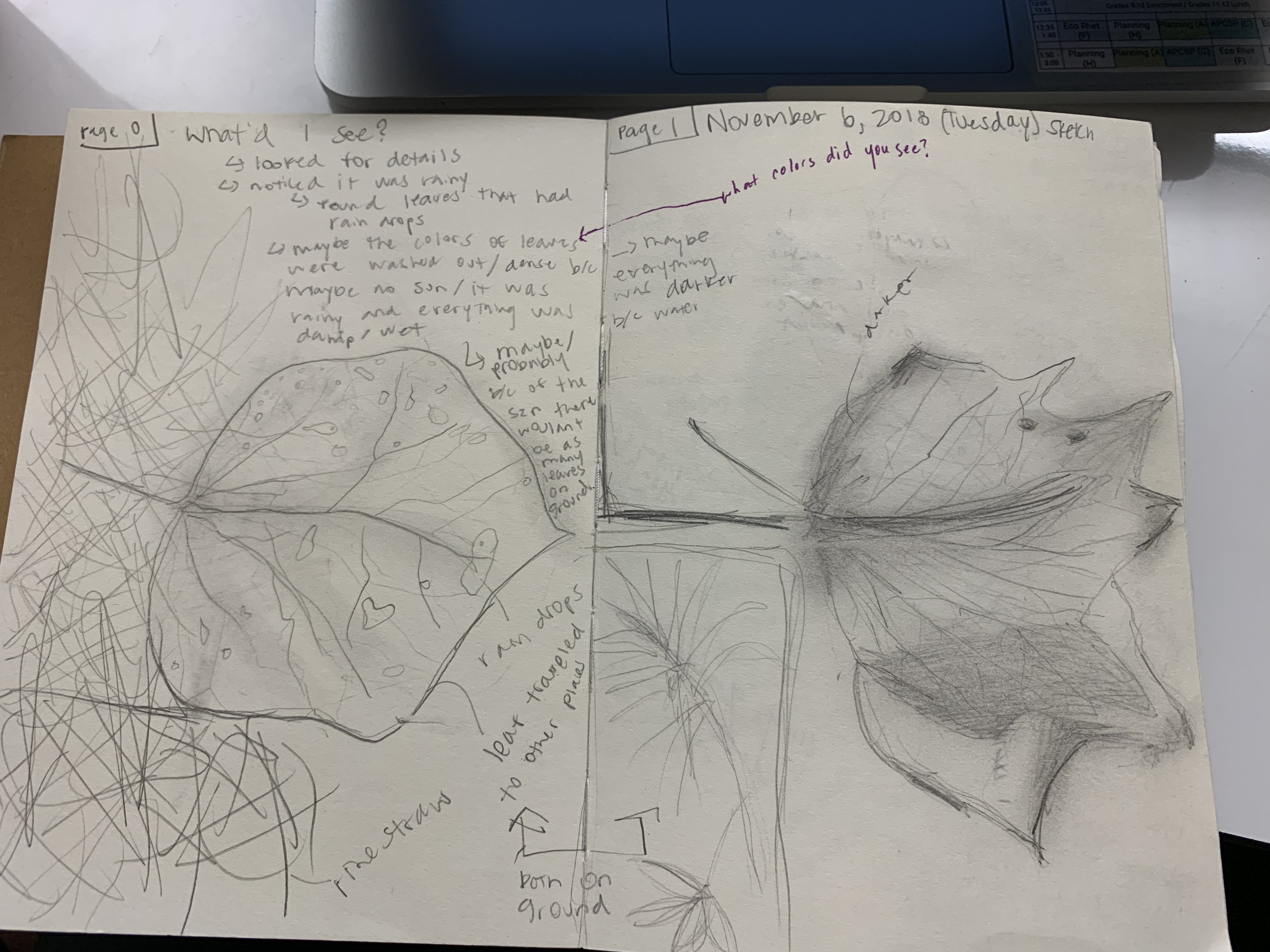
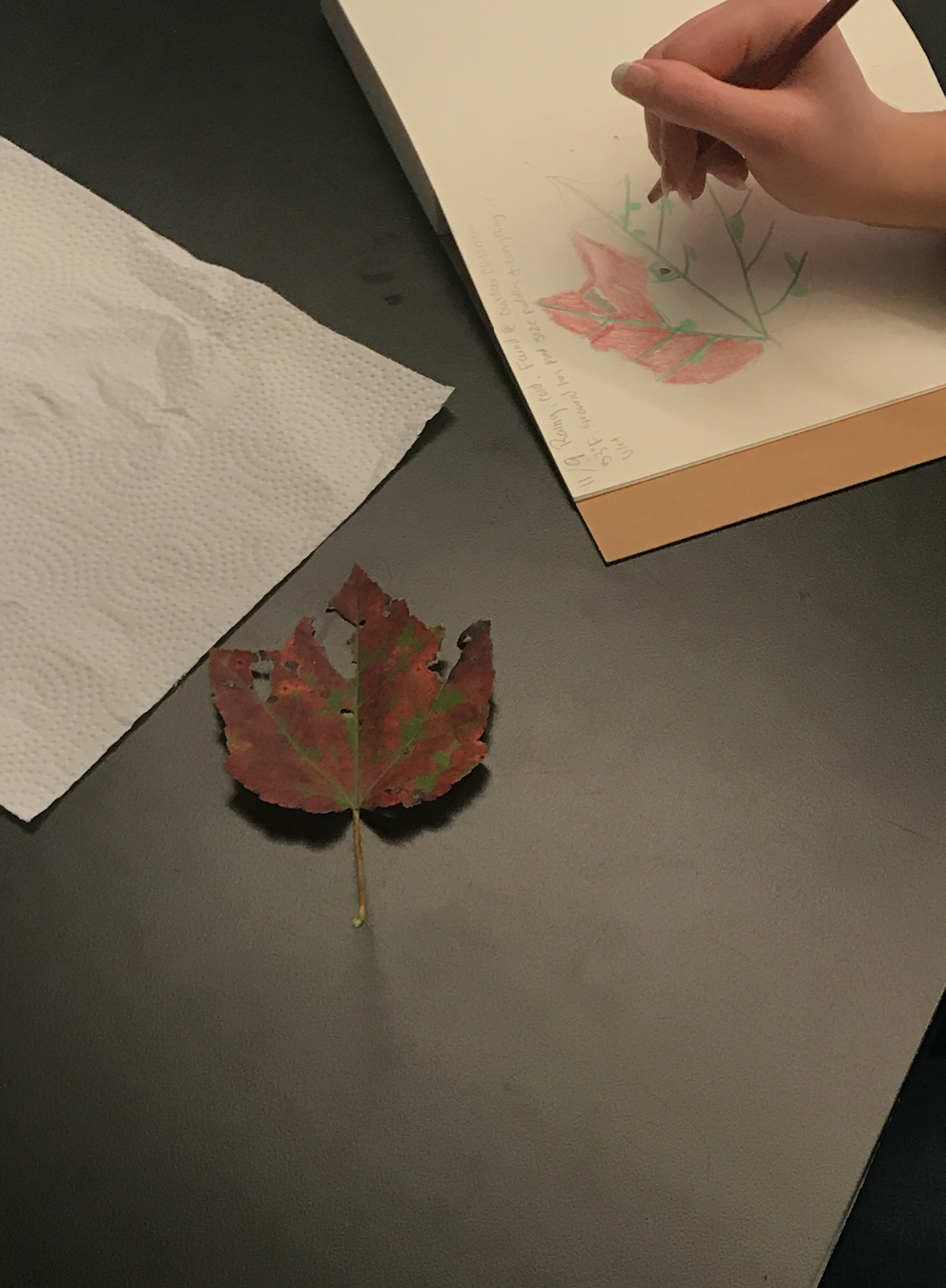
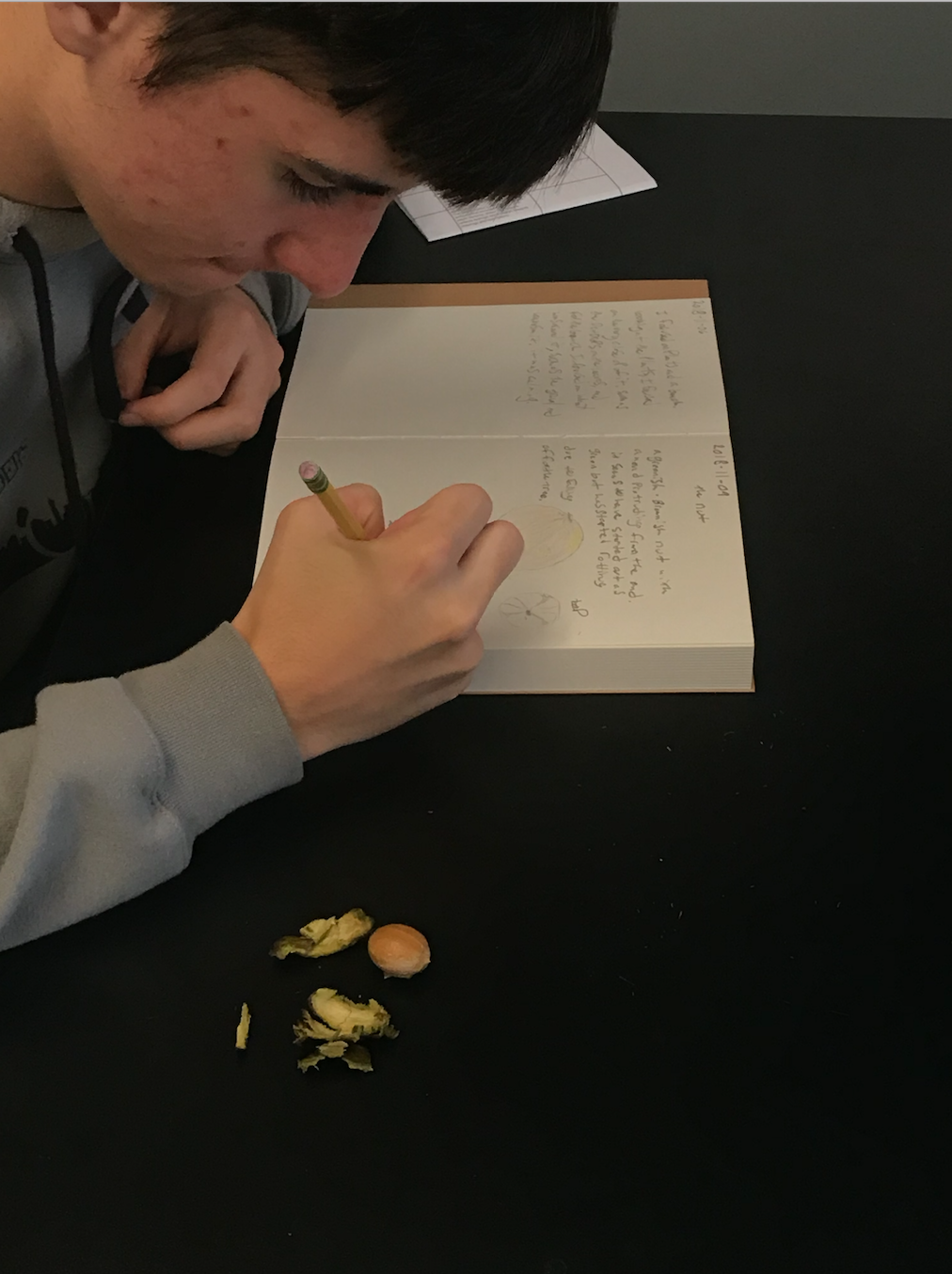
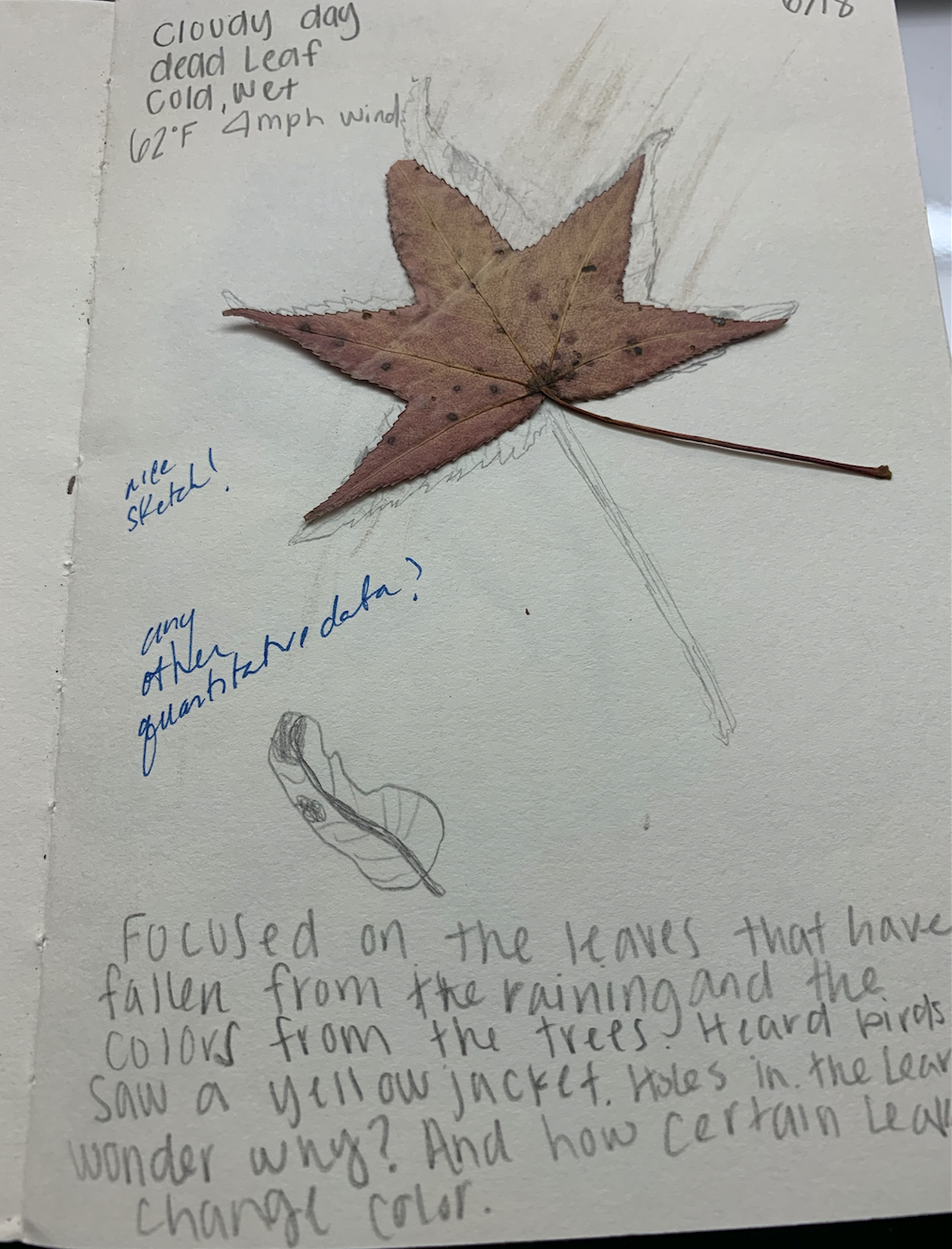
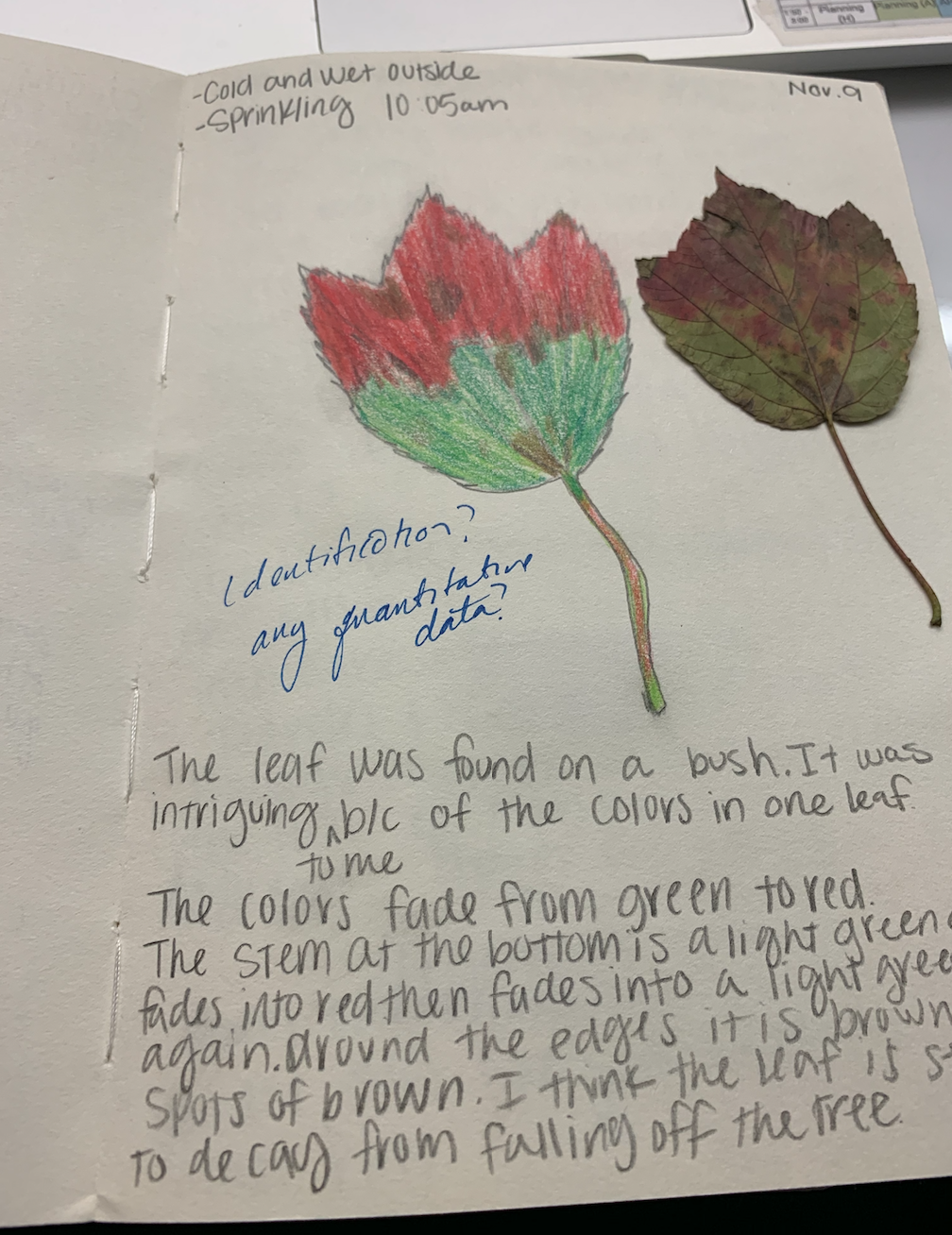
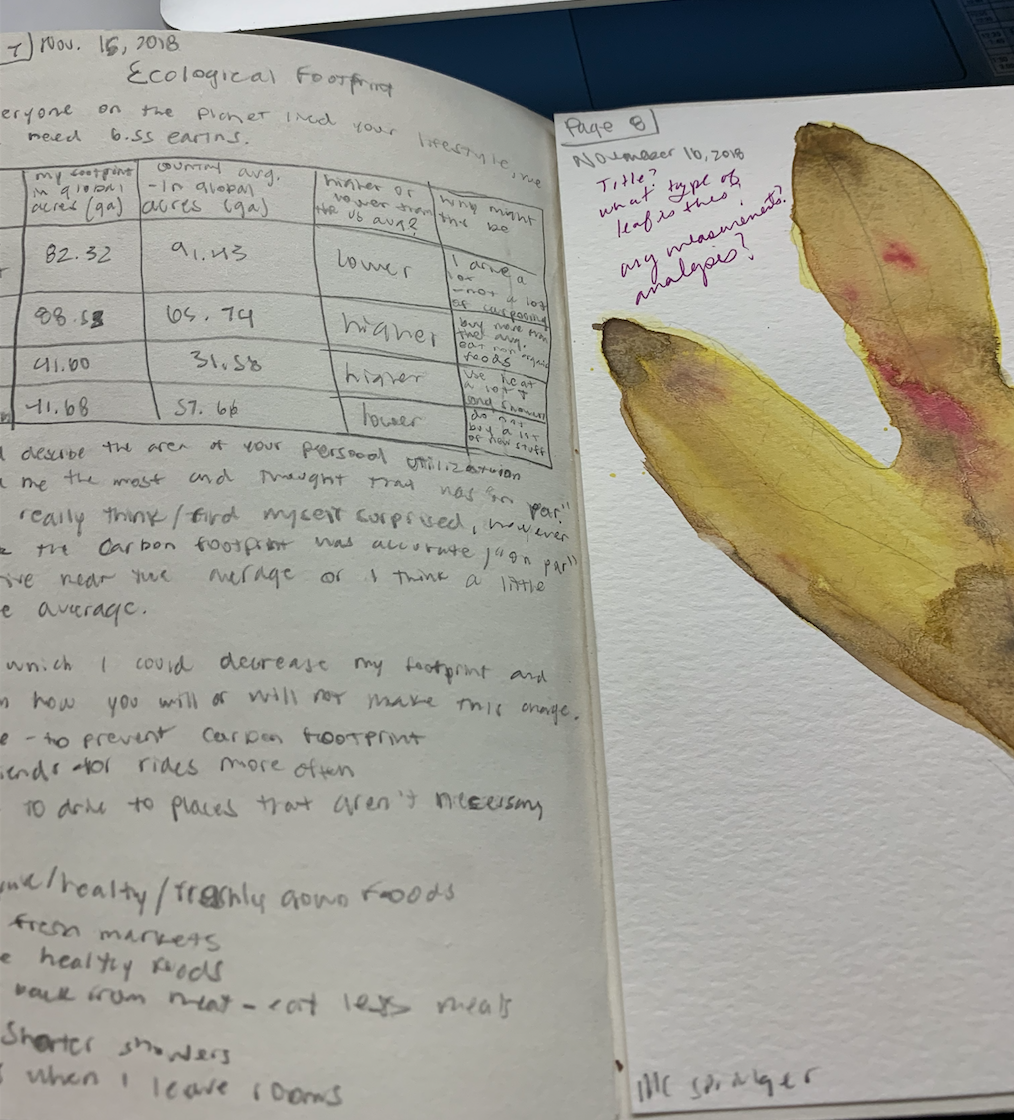
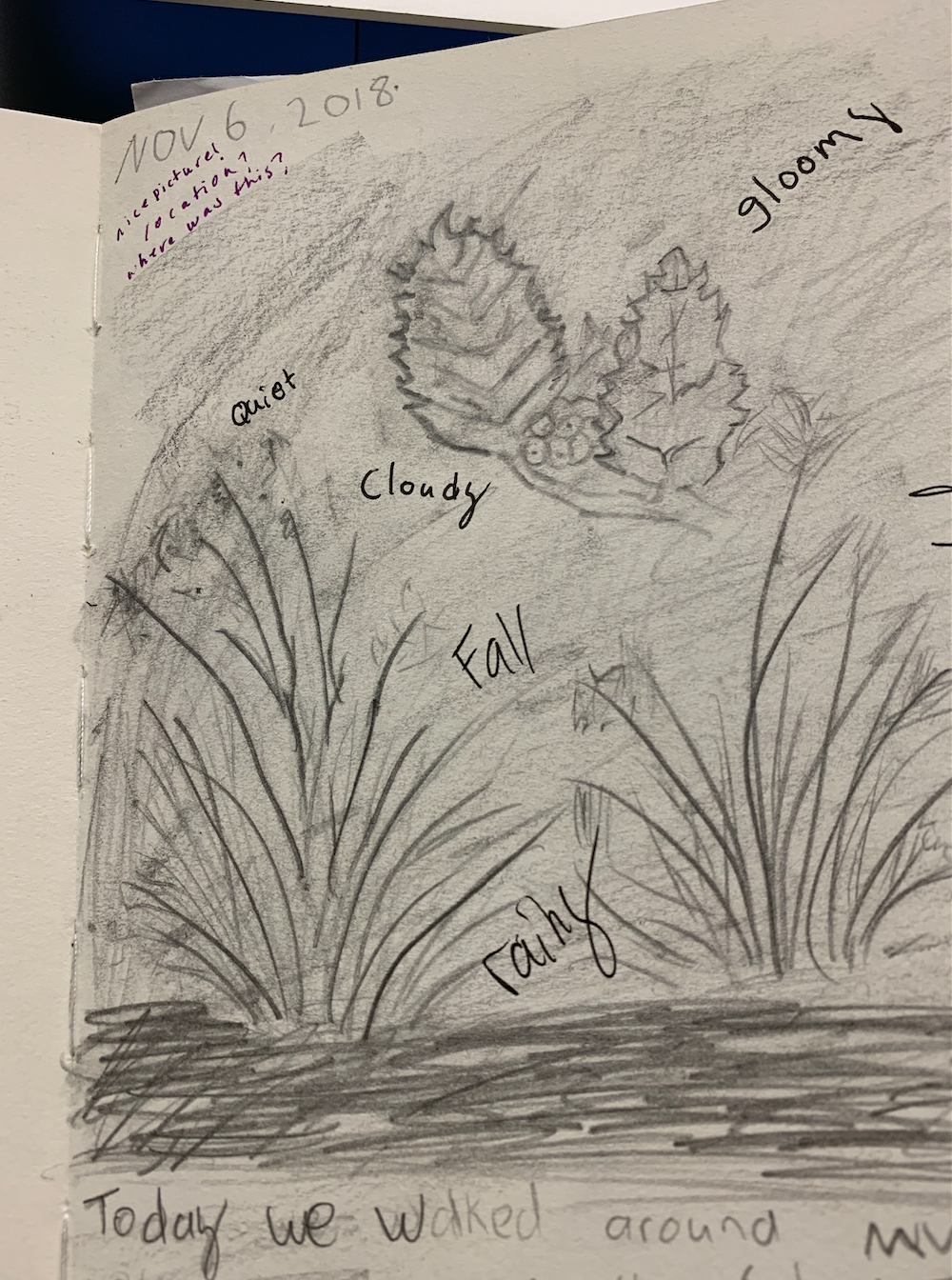
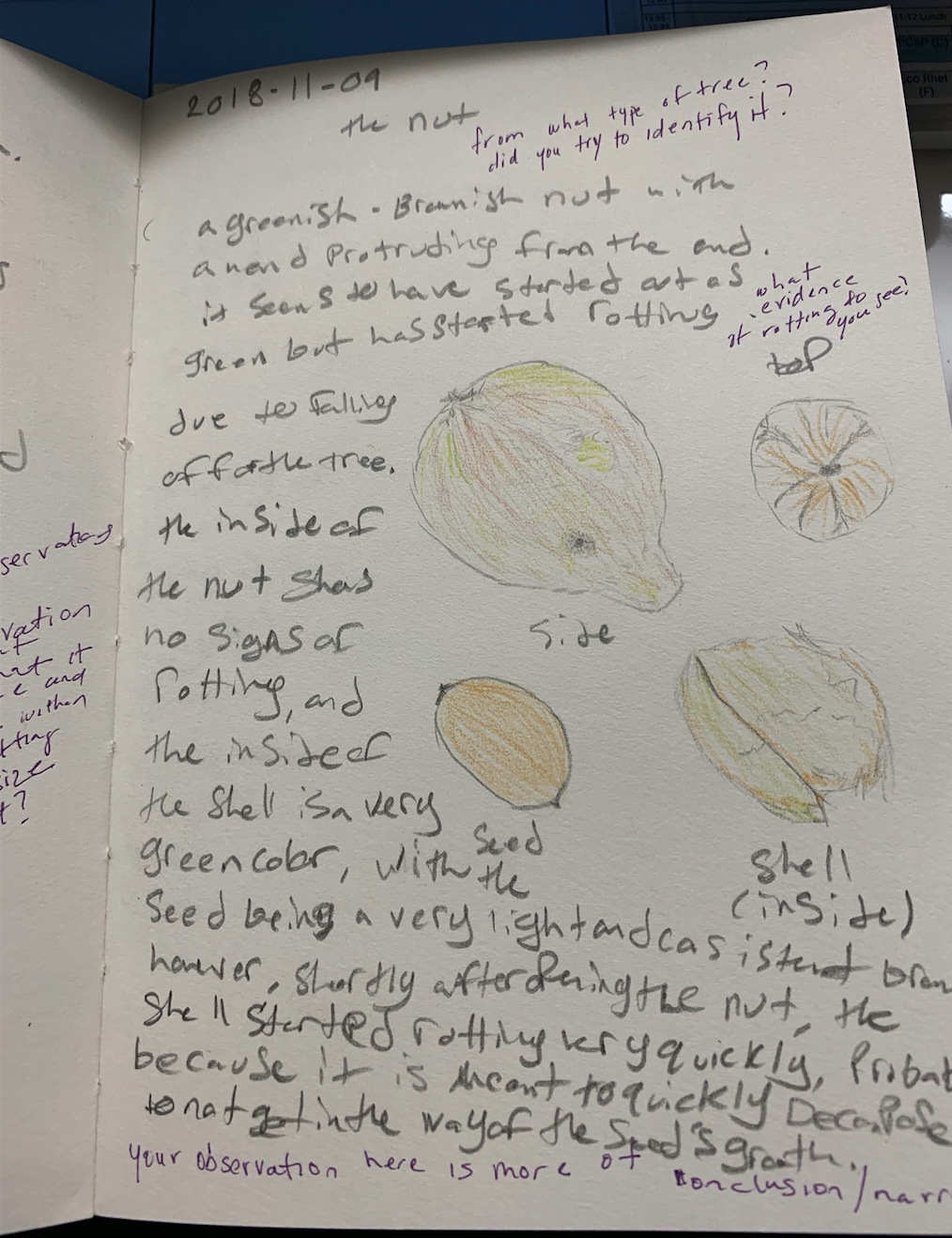
About Lost Corner Preserve
Located on 24 acres of beautiful woodlands and nature trails, Lost Corner Preserve is a destination for nature lovers and history buffs. The property dates back to mid-1800’s and was once a working farm that has had only two owners since Native Americans inhabited the land. Lost Corner Preserve is located at the corner of Brandon Mill and Dalrymple Roads. The park features, a community garden, greenhouse, apiary, walking trails and renovated cottage.
